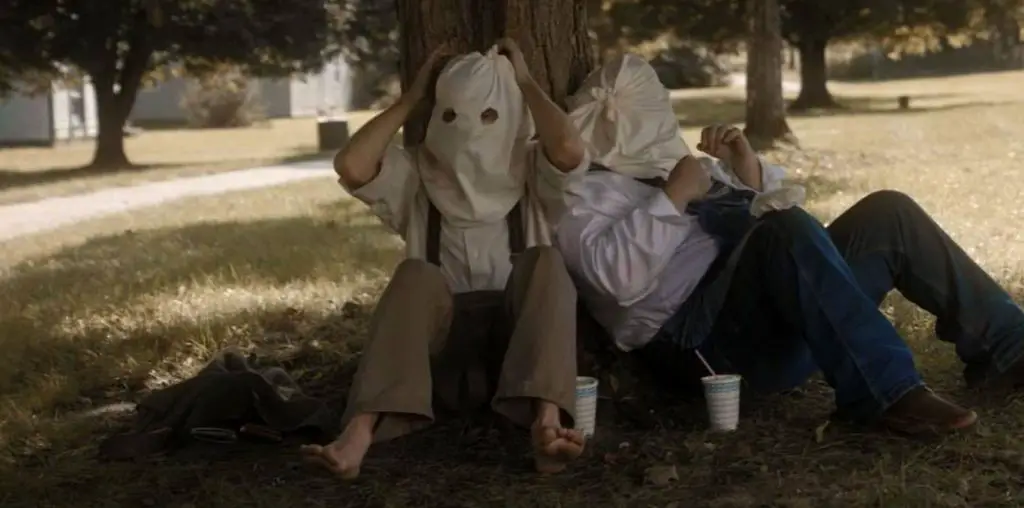
Philo Bregstein begins “Whoever Says the Truth Shall Die,” his documentary on the murder of Pier Paolo Pasolini, by stating the film will not be a biography. Then, the film goes into a full-length biography on the life and death of the Italian filmmaker and poet – mostly focusing on his life. Huh?
Of course, Pasolini had a fascinating life. A strident homosexual Communist, Pasolini had the unique gift of irritating every imaginable sector of Italian society. While his talent was never debated, his nonconformist attitudes and unpredictable politics prevented him from being safely pigeonholed into a clearly defined niche. Even his masterwork, the 1964 film “The Gospel According to Saint Matthew,” created a furor in different camps – left-wing critics were angry over the supposedly atheist Pasolini’s embrace of the holy story while right-wingers were equally appalled that the sacred text was presented with more Marxist-worthy zealotry than Catholic piety.
As for Pasolini’s 1975 death, that comes well into the second half of this 58-minute production, almost as an afterthought. The circumstances of the death are murky. His mutilated body suggested a large number of attackers, but eventually only a 17-year-old hustler named Giuseppe Pelosi was convicted. Pelosi initially claimed the killing was in self-defense after Pasolini attempted to sodomize him with a wooden stick. Years later, Pelosi recanted his confession by stating he was coerced by the police with threats against him and his family (he only served nine years in prison). Political conspiracies have been floated relating to the brutal silencing of Pasolini, but to date those theories have not been proved.
Pasolini addicts may appreciate this documentary, which includes clips from the filmmaker’s best works plus rare interviews and recited excerpts from his poetry. But those who are indifferent to or unaware of Pasolini’s importance might find the hagiographic approach a bit dull and the subject much less inspiring than his supporters would insist. Even his career highlights don’t hold up that well: his poetry comes across as pretentious and clumsy while his 1960 breakthrough movie “Accattone” (with its rough slum boys constantly fighting each other) comes across like a gay wet dream rather than a serious artistic statement. Sadly, there is no clip included of Pasolini’s wildly misguided “Medea” with diva soprano Maria Callas in the title role. If anything, it would’ve offered a happy reminder that the too-serious Pasolini was more than capable of gay camp.
